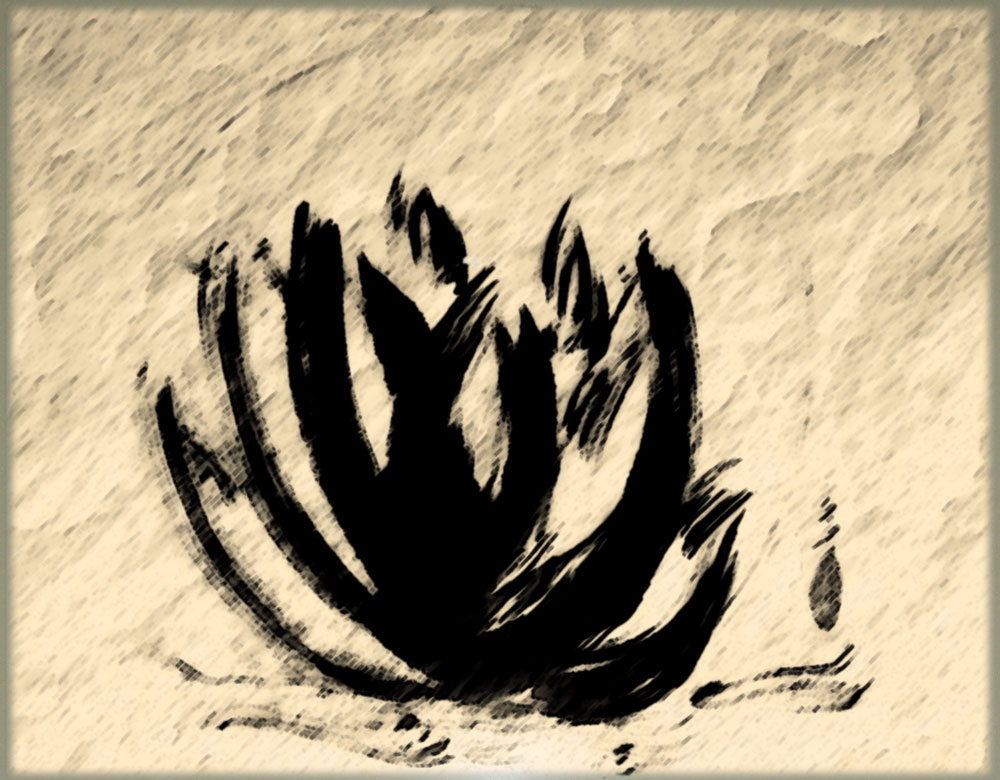
The story of the end of the world is written into its beginning – that Word of God extinguished at last, that inevitable return to the emptiness from which it was born. But as we sit in the middest of creation, desperately entangled in the illusions and realities manifest everywhere in our lives, contemplation of – and, perhaps, reconciliation with – the death that awaits us might serve to force us to actualize this time we have been granted, and lead a life without fear. Like the armored heroes of the vernacular, one must fathom the depths and confront demons inner and outer if he or she is ever to see this world with fresh eyes and embrace its endless mystery. “For those who believe that one simply cannot call apocalypse a metaphor or a parable,” writes Elizabeth Rosen in the epilogue to Apocalyptic Transformation, “I point out that it is both these things.”
The nature of our being is grounded in suffering: we are made human by our ability to cognize the lack that immerses` us, and from there making the conceptual leap towards acknowledgment of our own, inevitable demise. It is only from this immeasurable source of grief and pain that the wellspring of joy is discovered. By admitting to the reality that in the words of Jiddu Krishnamurti “we come from no-thingness, and will return to no-thingness,” I have realized the absolute miracle of being some-thing, anything at all. The notion of apocalypse is the ultimate catalyst for such thinking: every king cast as the last king, every generation standing on the brink of the abyss. Though it has since the days of the Book of Daniel been hyperbolic in its imagery and implications, the ontological truth of demise that lies behind the grandeur is inspiration for humanity’s self-actualization. The Kingdom of God, the New Jerusalem, the trials and the tribulations exist within each of us.
This internalization is what the post-modern, post-human doomsday has come to represent. No longer is the apocalyptic unveiling purely an act of higher power upon a stupid, sinful world—it is instead the ur-personal journey of each individual, whether they are sinful or righteous or somewhere in between. “Since we have brought these dangers and hostilities about,” writes Lee Quinby, “it is a political and ethical imperative that we find ways to diminish their power for harm.” The viewer (or the reader, or the listener) is forced to confront the everyday reality of collapse, destruction, and brutality. Though the apocalyptic world is unforgiving and bleak, the story is never simply about imagined reality’s repugnant details: the thought of the doomsday has never left, and teaches us to make our own story one of strength, perseverance, and seeking after truth, in the face of an inescapable demise.

